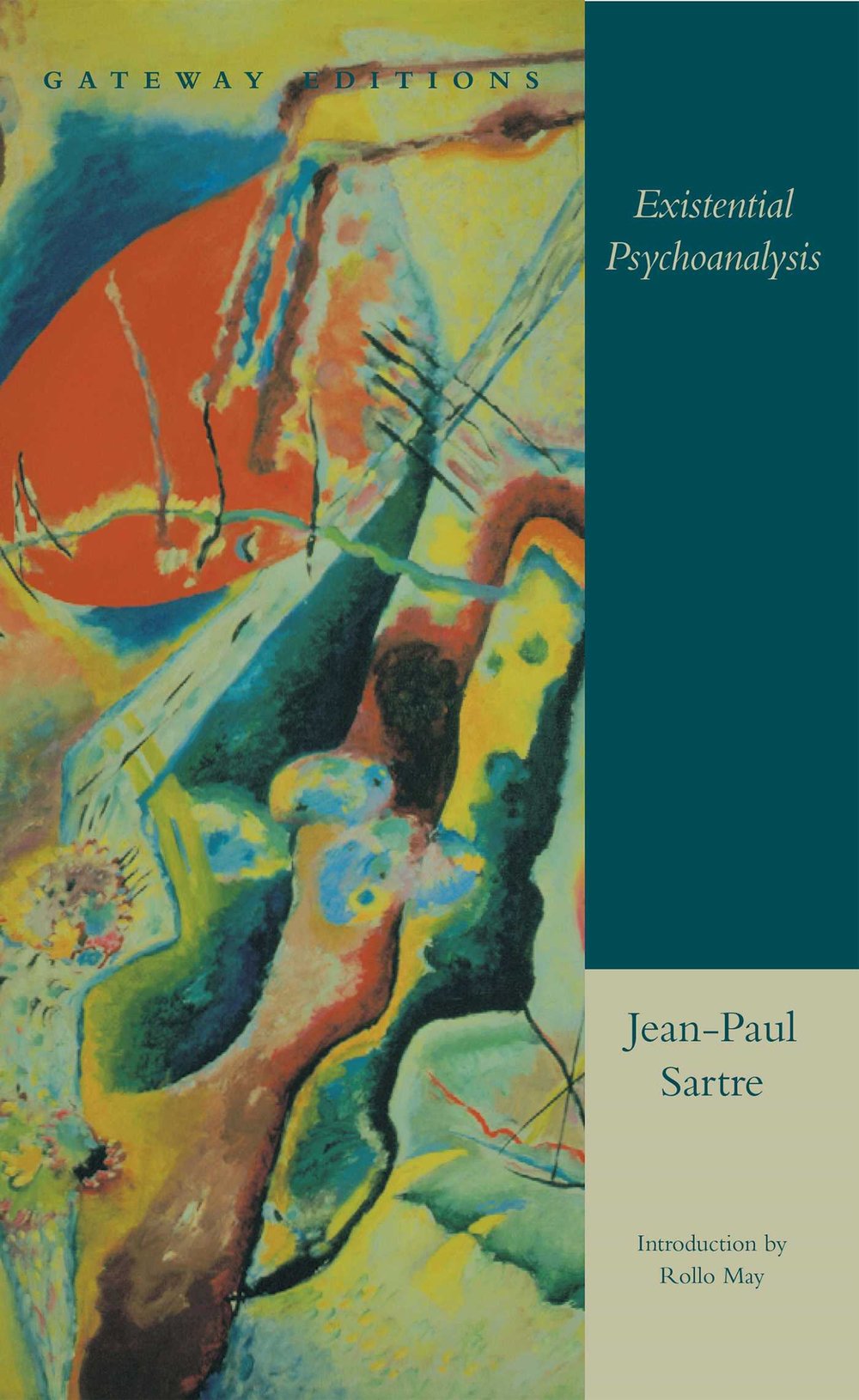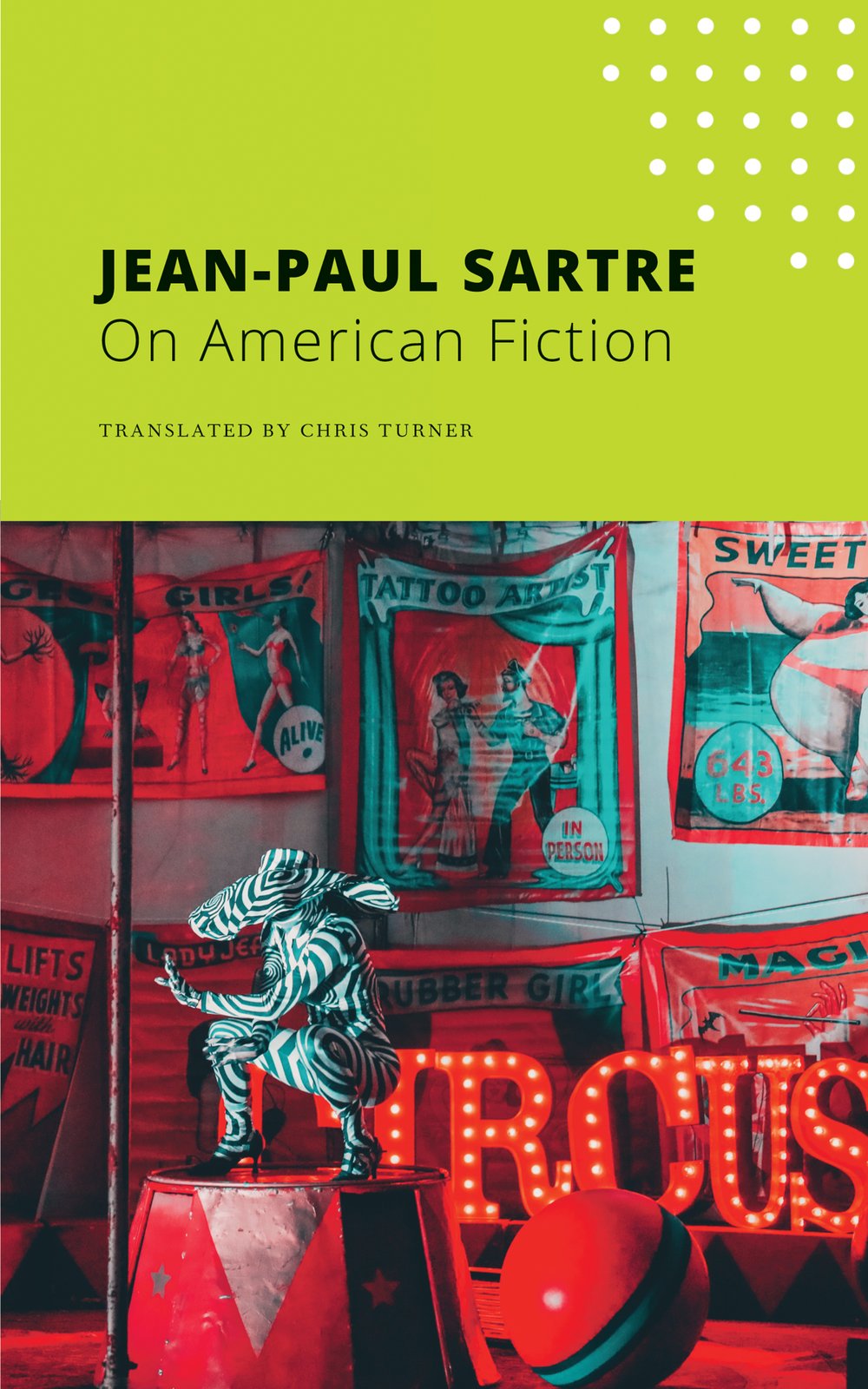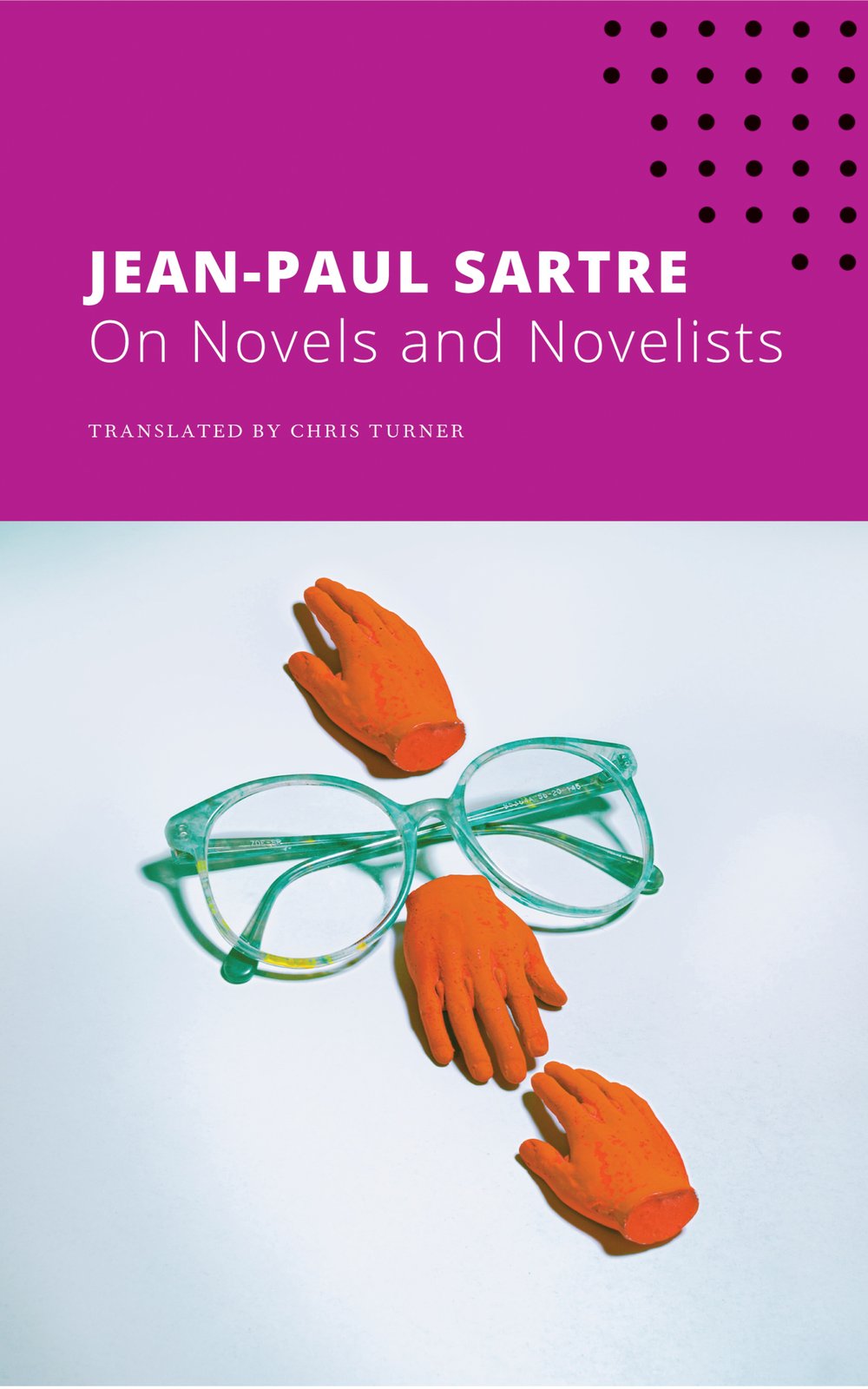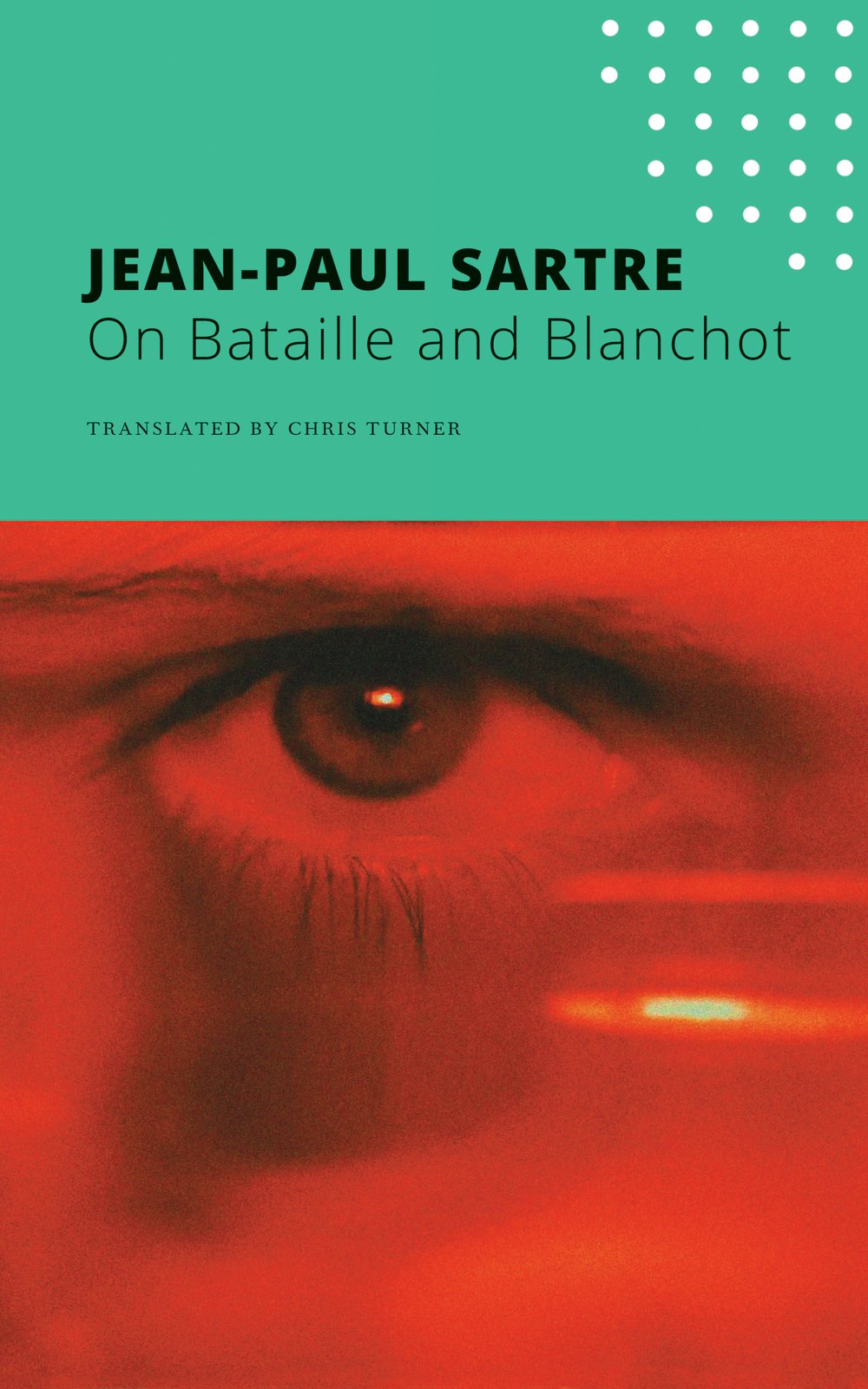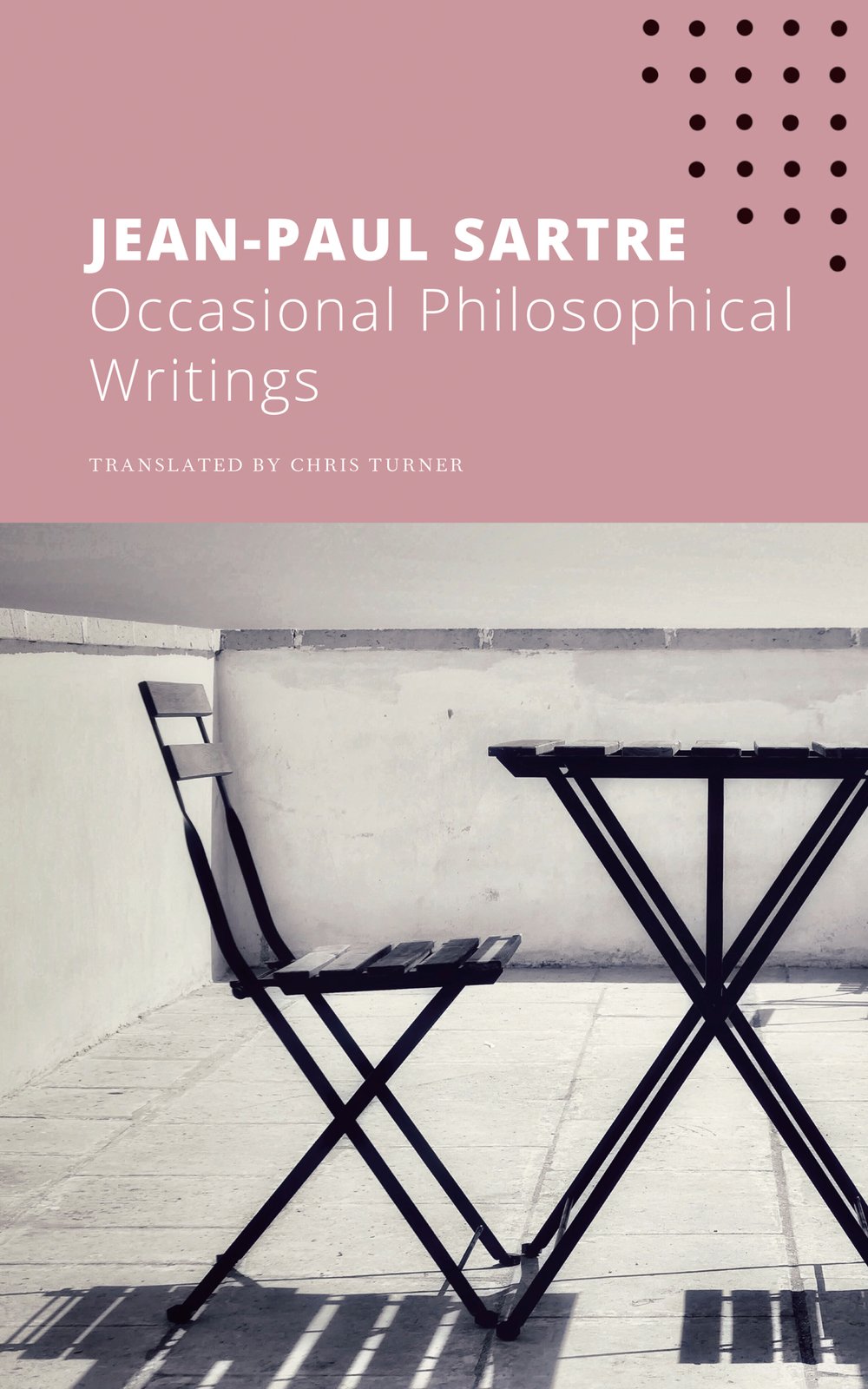On Revolution
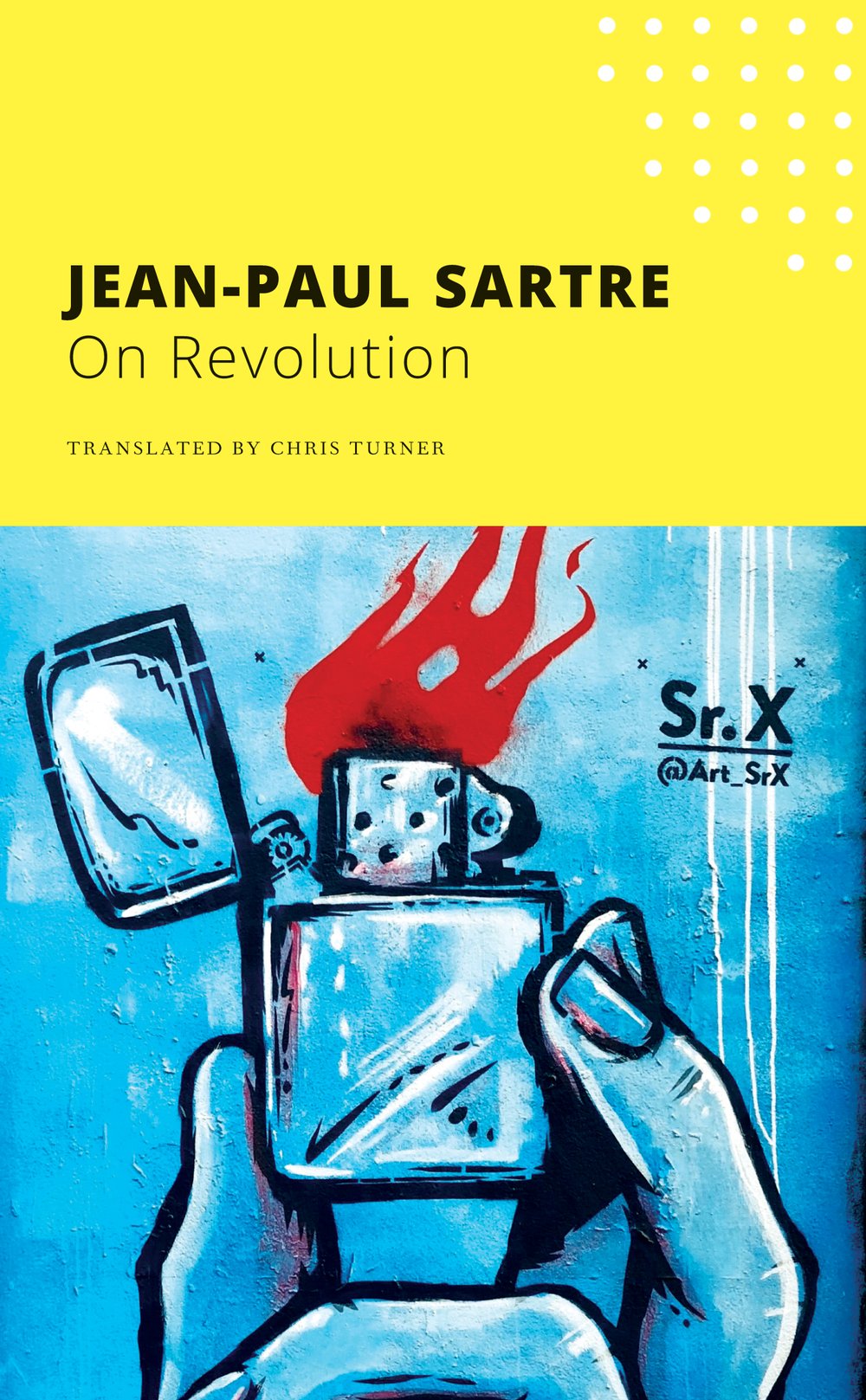
Iconic French novelist, playwright and essayist, Jean-Paul Sartre (1905–1980) is widely recognized as one of the most important philosophers of the twentieth century, whose work has remained relevant and thought-provoking through the decades. The Seagull Sartre Library now presents some of his most incisive philosophical, cultural, and literary critical essays in twelve newly designed volumes.
On Revolution includes a long essay in two parts in which Sartre dwells upon the ‘myth’ of revolution and goes on to analyse revolutionary ideas in fascism and, especially, Marxism. In the second essay, he examines the figure of the ‘artist’ and his conscience, especially in relation to communism.

Jean-Paul Sartre (1905–1980) was a French novelist, playwright, and biographer who is widely recognized as one of the most important philosophers of the twentieth century. His best-known books include Nausea (1938), The Flies (1943), Being and Nothingness (1943), No Exit (1944) and The Words (1964). Three of his Situations volumes of critical essays are available in English translation from Seagull Books as The Aftermath of War (2008), Portraits (2009) and Critical Essays (2010). His work earned him the 1964 Nobel Prize in Literature.


